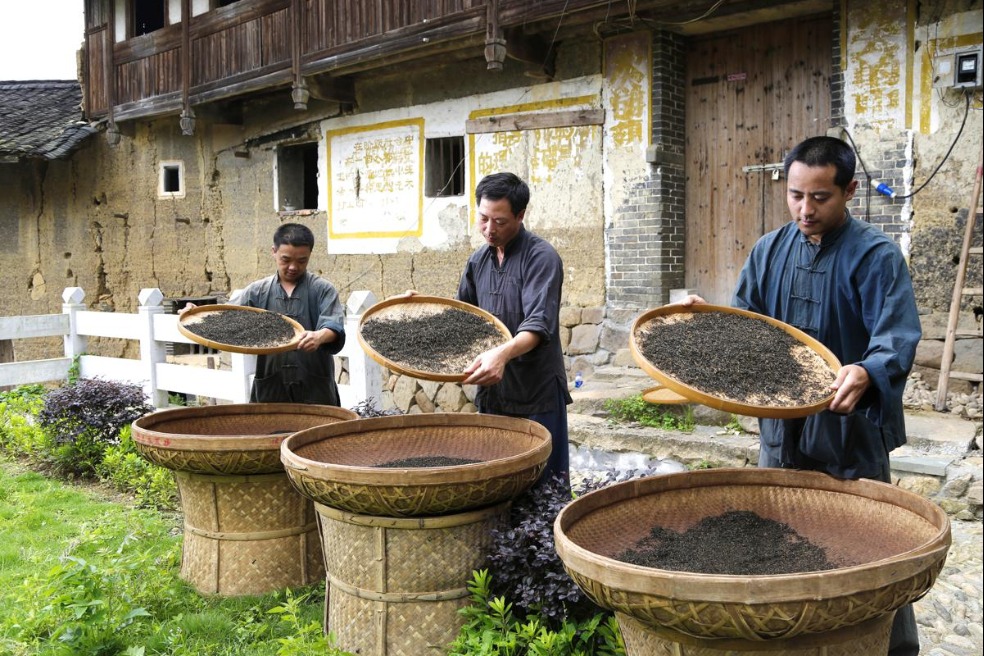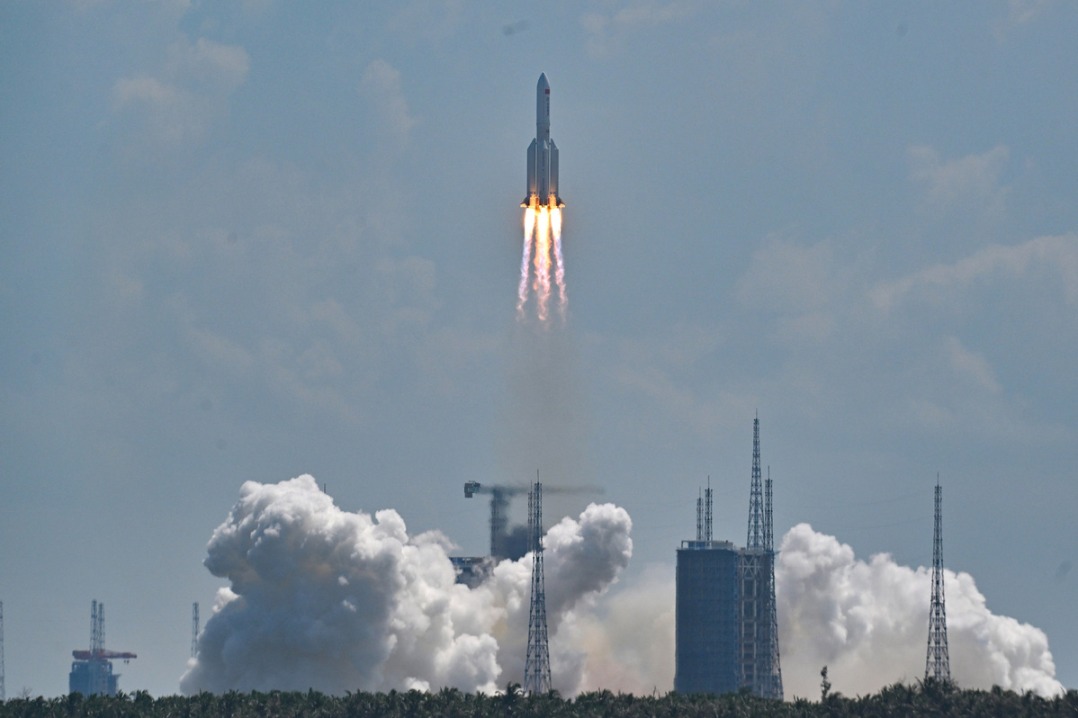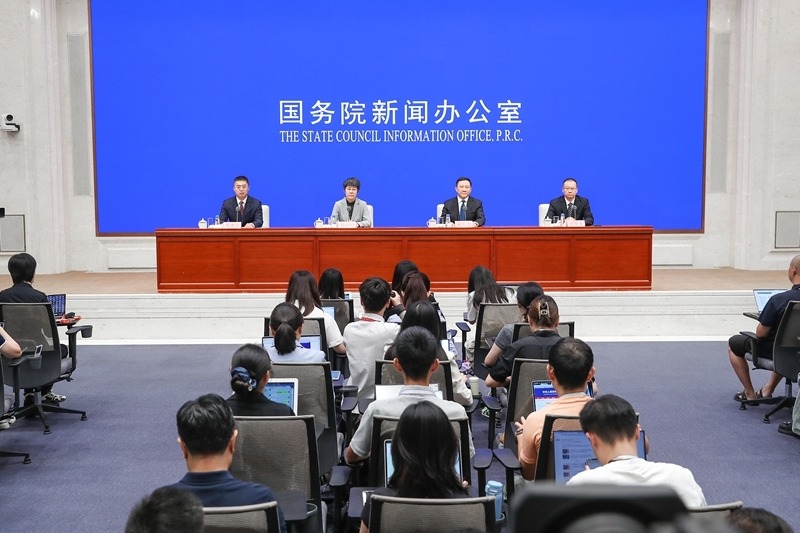Country strengthens recycling

On Jan 1, the government sought to strengthen domestic recycling by imposing a ban on the importation of waste amid growing concerns about rising levels of urban trash.
China began importing solid waste as a source of raw materials in the 1980s. Despite its inadequate treatment capacity and the growing volume of domestic trash, the country has been the world's largest importer of solid waste for several years.
Rising general awareness of environmental protection led to a government-backed plan to phase out waste imports by the end of last year.
The country imported 42.3 million metric tons of waste in 2017, but the number had fallen to about 8.8 million tons last year, the Ministry of Ecology and Environment said.
The ban came after the volume of domestic urban waste rose continuously from 2012, when roughly 170 million tons of domestic trash was collected in urban areas nationwide.
By 2017, the number had jumped to 215.2 million tons, according to the National Bureau of Statistics.
Previously, the country mainly used landfills and incineration to dispose of the waste.
However, while the land available for landfills has become increasingly scarce, especially in major cities, it's been a challenge for the government to launch new waste-to-power plants because of the NIMBY (not in my backyard) phenomenon.
For example, despite being designed to operate for 50 years, the Jiangcungou landfill-said to be the largest such site in China-in Xi'an, capital of Shaanxi province, was pretty much full by last year after about three decades of operation.
Covering almost 67 hectares, the landfill was used to dispose of 10,000 tons of waste every day.
In addition to waste classification in urban communities to cope with the situation, the government has been promoting an extended producer responsibility system, which forces manufacturers to shoulder more responsibility for the recycling of their own products.
A number of pilot programs have been rolled out to help promote recycling.
In January 2019, the State Council, China's Cabinet, unveiled a "no-waste city" pilot plan that aimed to minimize the generation of waste, maximize its use, safely dispose of solid waste and reduce landfills.
The program covers the totality of 11 cities, including Shenzhen, Guangdong province, and Weihai, Shandong province, and parts of five other cities.
Financial support will be provided for the construction of facilities to dispose of domestic trash and hazardous solid waste.
State-owned banks will contribute some of the funding needed as the program moves forward, according to the Ministry of Ecology and Environment.
The ministry has also issued a special notice to municipal and county-level governments nationwide, urging them to accelerate construction of facilities to dispose of waste in a concentrated manner, Qiu Qiwen, head of the ministry's solid waste and chemicals management department, told a news conference in January.
Qiu said the ministry will also strengthen the management of waste recycling companies and promote high-quality development of the sector.
- Global conference spotlights China's climate leadership
- Tianjin University scientists make breakthrough in human genome synthesis and transfer
- Chongqing launches pioneering elderly care program
- South China's Guangxi reports eight Chikungunya cases
- China to step up law enforcement coordination in Yangtze River Basin
- China Focus: Paired assistance program improves access to quality health care for Xizang residents





































